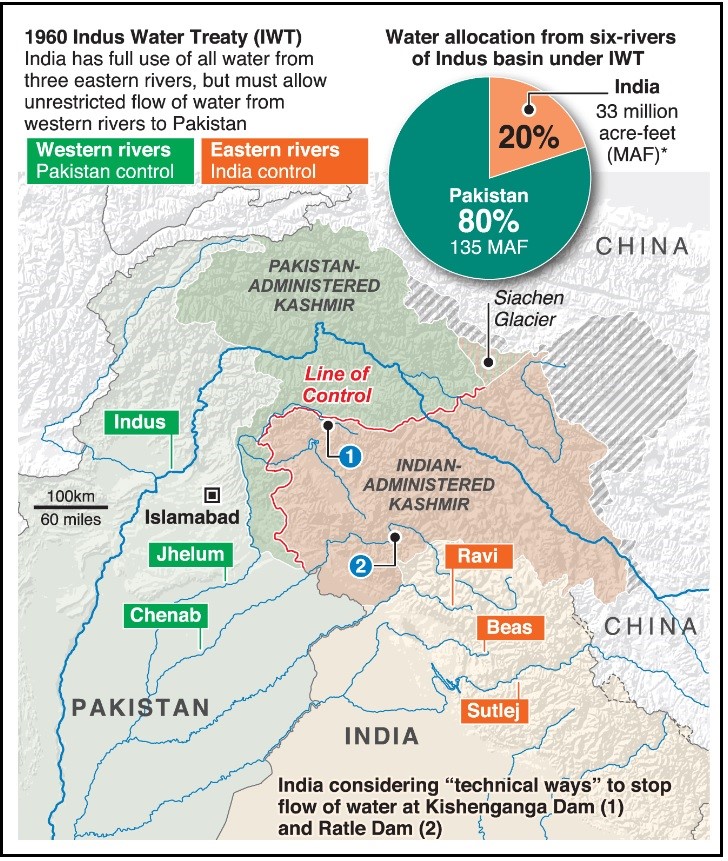7667766266
enquiry@shankarias.in
There is a need to revisit the Indus Water Treaty (IWT) rather than action of court of arbitration.

Permanent Court Arbitration